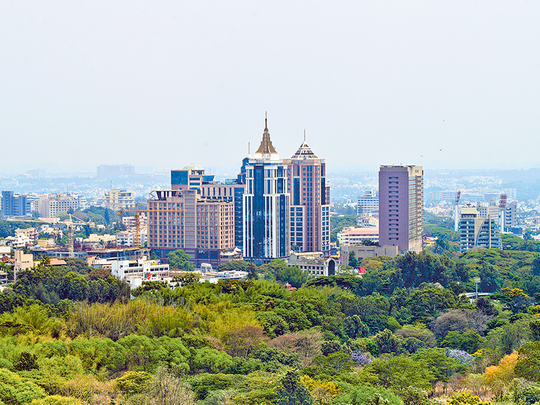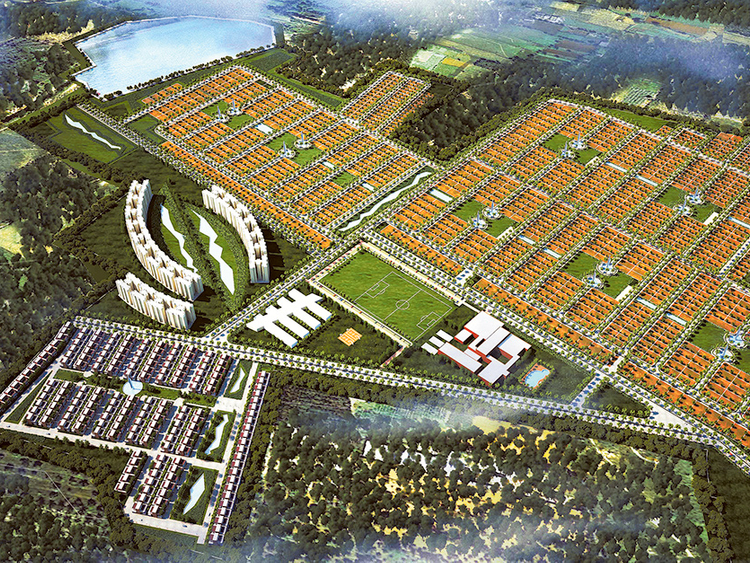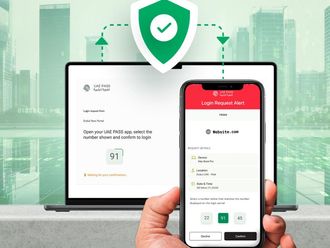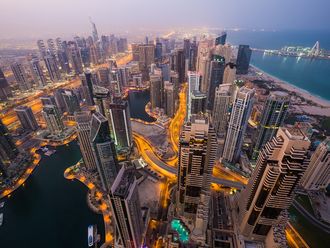
Dubai
After more than two years of being stuck in negative sentiments, India’s real estate sector seems — finally — to be building up towards a turnaround. Even if does not end up being a 180-degree turn — and the chances are the gains will be largely felt by select cities and categories rather than a pan-India feel to it — the industry is only too glad about the change.
In prime investor choices such as Bengaluru, recent months have witnessed a “drying up” of the glut in residential supply and that looks likely to continue, according to Jitu Virwani, Chairman and Managing Director of Embassy Group. “It’s true that most developers were residential-centric and may have gone overboard, launching quite a few large projects and creating a bit of a glut. Slowly, there’s been an improvement.”
According to industry sources, much the same could be said for sectoral fortunes in the rest of the country. Estimates reckon that inventory levels have dipped during the current quarter “for the first time in nearly five years”, according to the consultancy JLL.
But the impression is that the ongoing upturn is primarily a “south-side story”, in that Tier One cities in southern India have been the beneficiaries while those in northern India continue to lag by quite some distance. But, according to a top official at JLL, it is an impression that only holds up to an extent.
“The south cities’ share of total sales has remained consistently above one-third over the past two years and their relatively lower prices and generally favourable opinions regarding future job creation have been the primary reasons,” said Anuj Puri, Chairman and Country Head at JLL India. “Looking at consistency in sales and relative unsold inventory levels over the past four to five quarters, Bengaluru and Pune look relatively stable, while Hyderabad is showing signs of revival and steady demand returning to its residential market.”
As for the wider market, first-half sales across India was slightly better than the transaction levels notched up during the second-half of 2015, based on JLL estimates. But in a year-on-year comparison, H1-16 numbers pale slightly, suggesting that demand in northern India and even in Mumbai has not been as supportive. Investors — and quite a few of them expat Indians based in the Gulf — looking at sub-markets such as Gurgaon have had reasons to be concerned, with projects getting delayed way beyond the norm. (With the Indian Supreme Court delivering a stinging rebuke against one such developer over its delays, some of the investor concerns may have been allayed. But it is yet to show up in a demand spike for properties in the North.)
Investors/end-users are also playing it smart — “There is a strong focus on completed or near-completion projects,” said Puri. “New launches by well-known developers (are) getting some traction.
“End-user demand exists — but only for the right product and right price. Consumer confidence is quite polarised towards quality projects and inventory that is getting ready for possession over the next 12 months.
“Developers are attempting to rein in inventory levels by controlling supply. It is likely that players are striving to achieve some balance by reducing inventory levels and ensure that there is less downward pressure on prices.”
Meanwhile, there are some developers who still believe the present is an opportune time to launch new projects, and keying in NRI interest into their marketing push. Embassy did so recently with a sprawling 300-acre community-themed project — called Embassy Springs — in northern Bengaluru. Another blue-chip name, Mumbai-based Piramal Realty is another to hit the suburbs with two high-profile launches — the Piramal Vaikunth in Thane and Piramal Aranya in Byculla. The developer currently has 10 million square feet under development in Mumbai.
And apart from the usual incentives a developer usually packs in with new launches, Piramal is going that extra mile or so — a buyer can return the purchased unit if he feels like it and there won’t be any questions asked. It will be at 95 per cent of the unit’s market value any time until possession. And there are even specially created offer for prospective buyers in the UAE.













